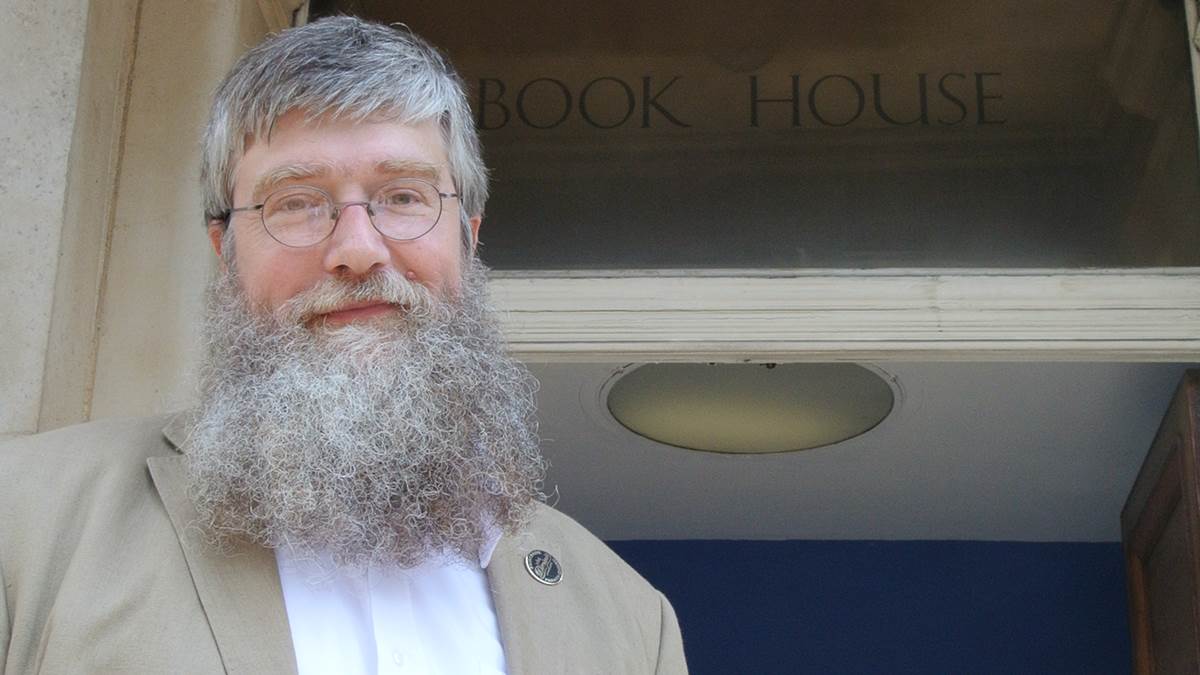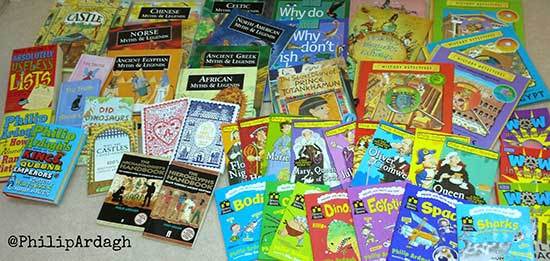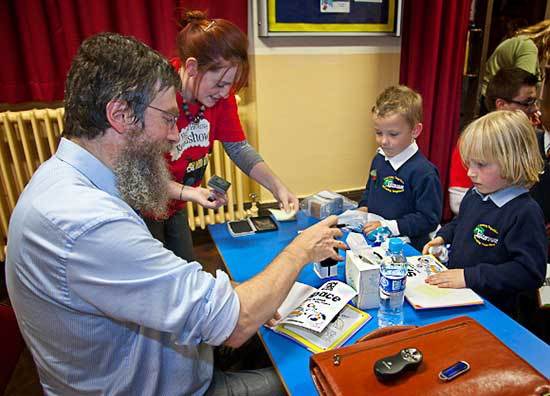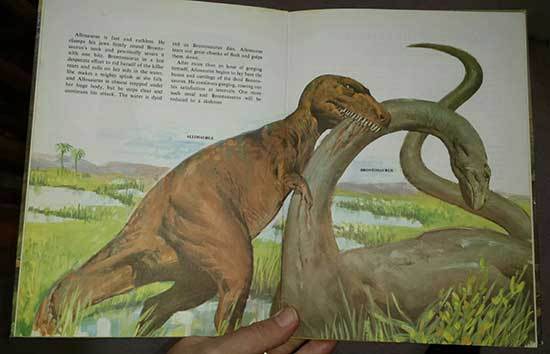Just give me the facts!
Published on: 29 September 2014 Author: Philip Ardagh
The wise, handsome and hilarious (or so he told us) author Philip Ardagh, who's work includes the Norman the Norman and The Grunts series of books, became our eleventh Writer in Residence back in 2014. In this blog Philip wrote about the wonders of non-fiction, the establishing of Non-fiction November and how Non-fiction can be used to enagage reluctant readers.

It's been pointed out many times, but still bears repeating, that it's mighty strange than non-fiction is defined by what it isn't rather than by what it is. Non-fiction is not fiction. Non-fiction is everything that isn't fiction. If it ain't fiction, it's non-fiction.
You get the picture?
So what did they call non-fiction before the advent of the novel, when books were mainly concerned with religion, poems, plays, ideas, science and how stuff worked? Perhaps these texts were simply referred to as 'books'?
I don't know. That's why I'm asking you.
Along came this new idea - so novel that they even called it the novel - and, before you knew it, this non-fiction category was born; further nailed down by Dewey and his decimal classification. Here's a system enabling librarians to put (and borrowers to find) books in a very specific order on the shelves, starting at 000 and ending at (I guess) 999.999.
Goldfish? 597.484
Women's hats? 391.43082
Camper vans? 629.226
And, no, I don't know these categories off by heart, I Googled them. Type in 'Dewey Beard', though, and - rather than a number - you get entries about Wasú Máza (aka Dewey Beard), a member of the Minneconjou Lakota people, who fought against General Custer's forces at the Battle of Little Bighorn. Wow! I wasn't expecting THAT.
Don't you just love it? History, I mean. Non-fiction?
(And, OF COURSE, I was going to check the Dewey number for beards, wasn't I?)

I've written numerous children's non-fiction books over the years. I was a published non-fiction author looooooong before my fiction saw the light of day. And I still love it. I love tackling most subjects for all ages, though I do have a particular passion for history, and ideas, and animals and... Okay. I confess. I'm what The Scotsman once described me as: 'one of nature's fact-finders'. With the possible exception of certain sporting activities - please let's not go there - I find most things interesting.
And I am not alone.
When Adam Lancaster was Chair of the Federation of Children's Book Groups (here in the UK) he came up with the splendid idea of a National Non-Fiction Day, celebrating non-fiction for children. Clap! Cheer! It has since been scrapped... Boo! Hiss! ...only to be replaced with something EVEN BETTER. Standing ovation! For now we have: National Non-Fiction November, 'an annual celebration of all things factual... [T]he whole month now celebrates all those readers that have a passion for information and facts' and hopefully attracting some new non-fiction readers too. The great thing about non-fiction is that there must be something to appeal to just about everybody.

The first link leads to a page which includes this beautiful photo of a (slightly sweaty, post-event) me signing books on National Non-Fiction Day back in 2010.
Please let me know your thoughts on non-fiction as a child, as an adult, as a teacher, parent, TA or librarian. What fired your imagination? Which books or interests shaped your career or private passions? Do tell!
PS. I was trying to think of other 'non' words: words which are defined by what they aren't rather than what they are. The most obvious to spring to mind is 'disabled'. To call someone disabled is to define them as not being able, an extraordinarily sweeping generalisation when it covers everything from blindness or deafness to an inability to walk or to speak. And we are talking about individuals.
Thank you.

And finally, Philip...?
This spread, from a non-fiction book from my childhood (published 1964), shows an Allosaurus attacking a Brontosaurus. You're unlikely to find a dinosaur labelled Brontosaurus in a modern dinosaur book, though. It was discovered that what had been called the Brontosaurus was, in fact, an already-classified dinosaur called an Apatosaurus. Funnily enough, 'apatosaurus' means 'deceptive lizard', the sneaky thing. So now you know (if you didn't already).
Topics: Writer in Residence, Features






Add a comment